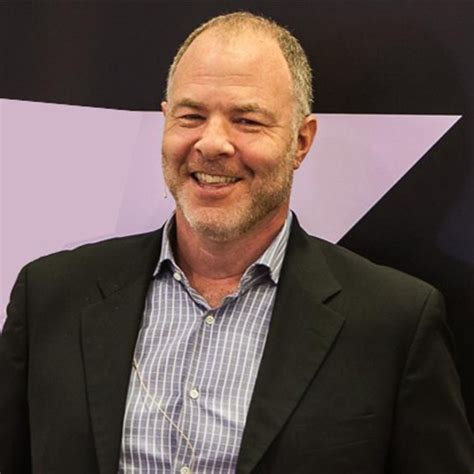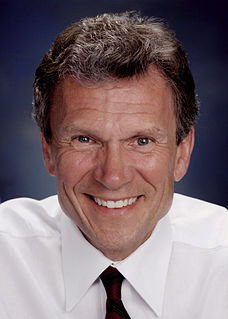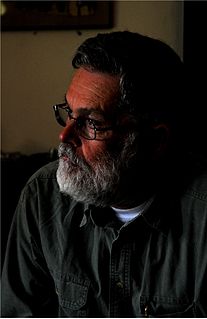A Quote by Jackson Katz
If journalism is the first draft of history, then talk radio provides an early glimpse into how the meaning of political events will be spun for ideological and partisan purposes.
Related Quotes
The best advice on writing was given to me by my first editor, Michael Korda, of Simon and Schuster, while writing my first book. 'Finish your first draft and then we'll talk,' he said. It took me a long time to realize how good the advice was. Even if you write it wrong, write and finish your first draft. Only then, when you have a flawed whole, do you know what you have to fix.
Political correctness is the fascism of the 90's, it is this rigid feeling that you have to keep your ideas and your way of looking at things within very narrow boundaries or else you'll offend someone. Certainly one of the purposes of journalism is to challenge just that way of thinking, and certainly one of the purposes of criticism is to break boundaries, that's also one of the purposes of art.
I am a technophile, so there is no such thing as a first draft. The first draft plunges on, and about a quarter of the way through it I realise I'm doing things wrong, so I start rewriting it. What you call the first draft becomes rather like a caterpillar; it is progressing fairly slowly, but there is movement up and down its whole length, the whole story is being changed. I call this draft zero, telling myself how the story is supposed to go.
Human life has no meaning independent of itself. There is no cosmic force or deity to give it meaning or significance. There is no ultimate destiny for man. Such a belief is an illusion of humankind's infancy. The meaning of life is what we choose to give it. Meaning grows out of human purposes alone. Nature provides us with an infinite range of opportunities, but it is only our vision and our action that select and realize those that we desire.



































